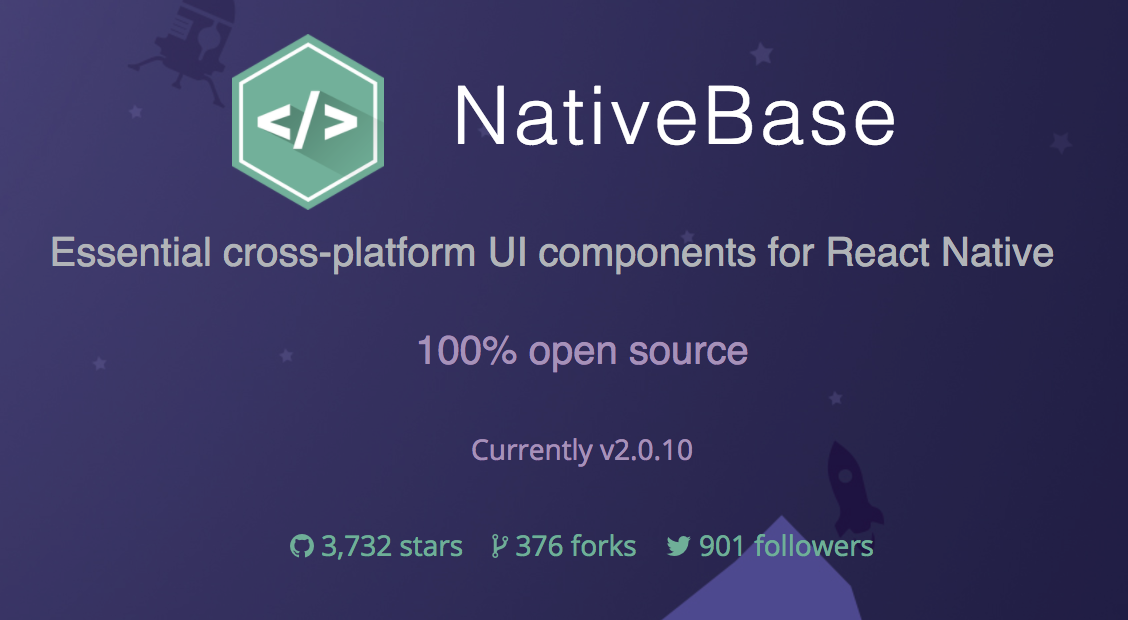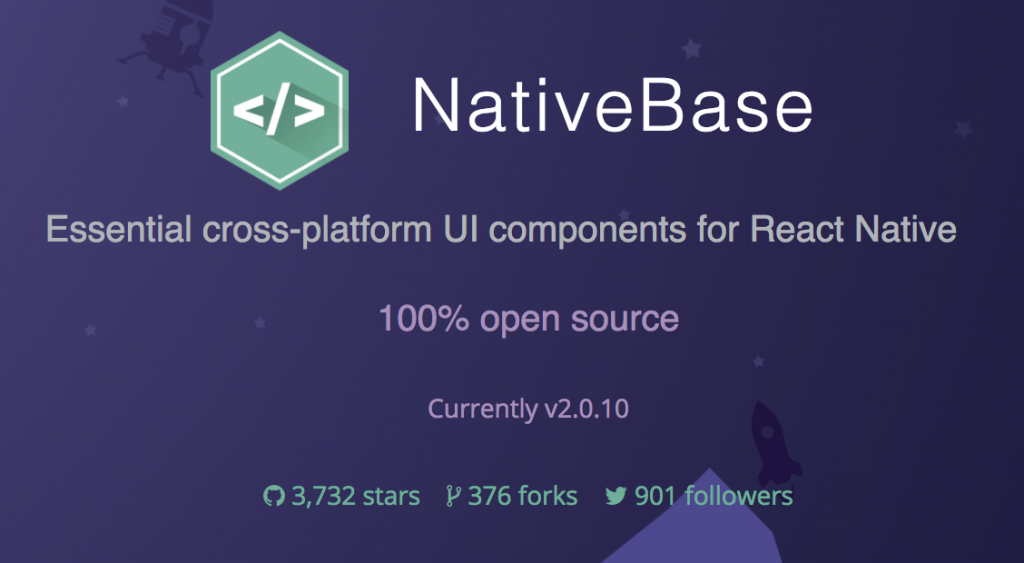
Style Your Thoughts With React Native!
Oh yes, this is surely possible for one to design their vision the way they want, may say a customized development in a much easier way by React Native. The question arises how that is possible.
In this article, I am trying to answer to your curiosity along with few of the starter kits for mobile application development based on React Native. Answer for self styling is to utilise Component Kit in React Native Development, lets deep dive in the concept.
Don’t get confused amongst React Native and React JS, names are similar but their realities are way different. Mainly for the styling options, it has a huge difference.
Respond Native is a substantially littler focus for part libraries than customary CSS structures and BootStrap CSS. Moreover, it is trying to alter every last part, as the adaptability that you pick up with conventional CSS on the web doesn’t continue effortlessly to segment libraries.
Let’s discuss about the option for self styling, it wasn’t easier then, now it is way more simpler.

Material Design
I personally recommend each designer to follow all the norms that encover purely material design concept, while designing an app based on Android. It is a plus provided by Google brains, then why not to utilize it. It is currently stable in Android as compared to in iOS. Nonetheless, if you’re looking for a material design solution, this is better than nothing to refer to the documents in advance, as it has details for each small chunk. Look ‘n’ feel has a purely well-maintained effect, if all the categories are followed as mentioned.
Material Kit
A concept in connection with the above, but a part different as it is more managed in compared to React Native Material Design. To customise API, to create new components to get the desired functionality is now less complex with React Native Material Kit. Other frameworks lack dynamic components as such progress bars or sliders, which adds beauty to the solution, is not more a lack of React Native. Can be said as a huge plus in compare to others!
Elements
Back to the days of our chemistry class reminds me of a concept, which says to make a substance an element is a must. It has its distinct features to blend or to rebel, based on which a creation is created.
Something same goes with designing even. Elements add a look to the icon. Styling elements for React Native solution have a huge benefit as it is not concerned and a barrier to the platform – Android or iOS, it can be flexibly customized as per the choices to get an outstanding collection of icon designs. No extra efforts and separate layout creation is needed.
NativeBase
The side to be taken in consideration for rolling eyes is it has a gigantic accumulation of components, a large portion of which look very pleasant. The drawback is that a portion of the parts are to some buggy. It is simply the condition of the library , not a fault of creators. All it just need is an extra input to a touch of work. The creators set it up outrageously quick.
More Started Kit are also available in the market having their individual footprints based on the features and advantages they provided in React Native. Listing the features of them along with name:
- Ignite – Generators CLI, properly documented, best practices followed, convenience screens, component examples, API Doc testing, variety of themes
- Snowflake – Supports reloading of its state, form interactions, easy navigation, predictable and consistent manner, Independent of the UI, server-side processing, reduces the angst
- Este – Code shared across platforms (browser, server, native mobile), Server-side rendering, Universal data fetching, optional rendering to HTML files (for static hosting), Universal internationalization with runtime language switching, universal forms with universal validation (universal ftw, yeah)
- WebPack Starter Kit – Minimal dependencies, follows the latest React Native stable release, manages assets using Webpack, dynamically generates JS bundles using Webpack Dev Server, provides static code analysis with ESLint, keeps dependencies fresh using Greenkeeper, monitors dependency vulnerabilities with Snyk, integrates with webpack-notifier for desktop notifications on OS X
As per the general scenario studied, React Native app development company prefer to integrate the functionalities of kits to provide best in market solution to their clients with let them design their vision and objectives the way they like. React Native trends and hype actually creates an impact that it is to be most adaptable platform in the nearer future for mobile app development.




